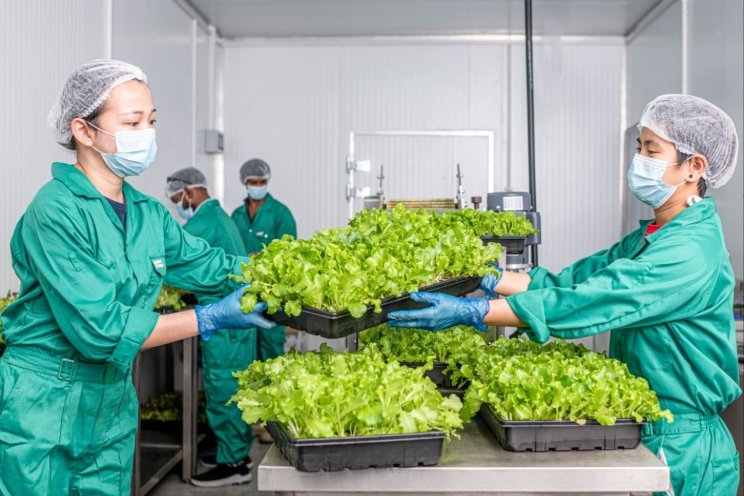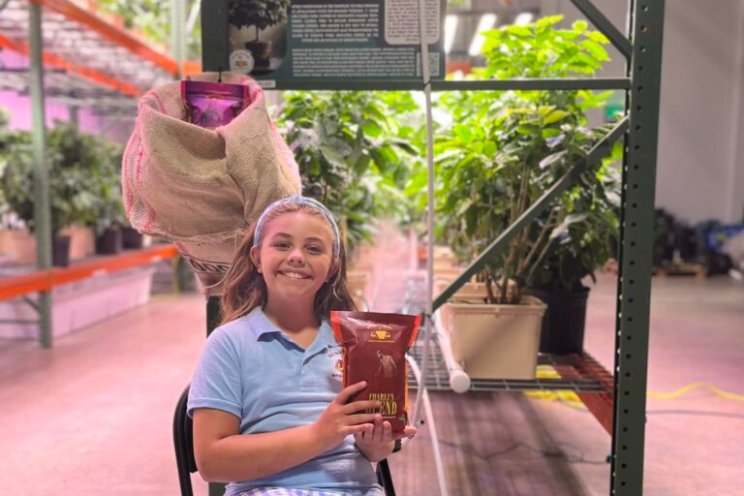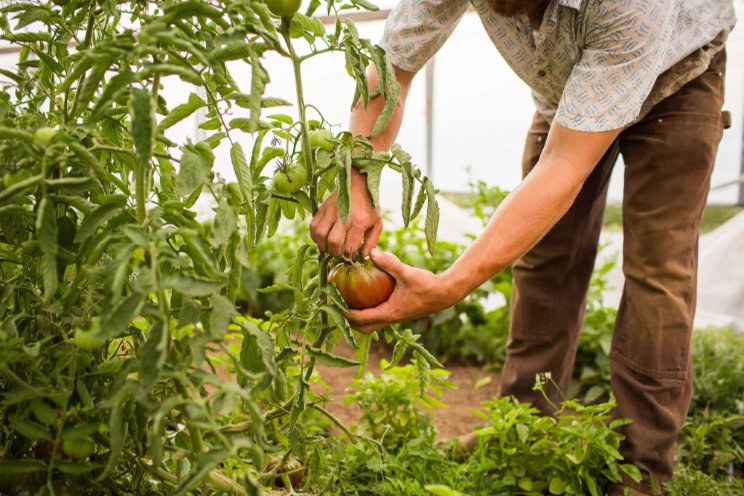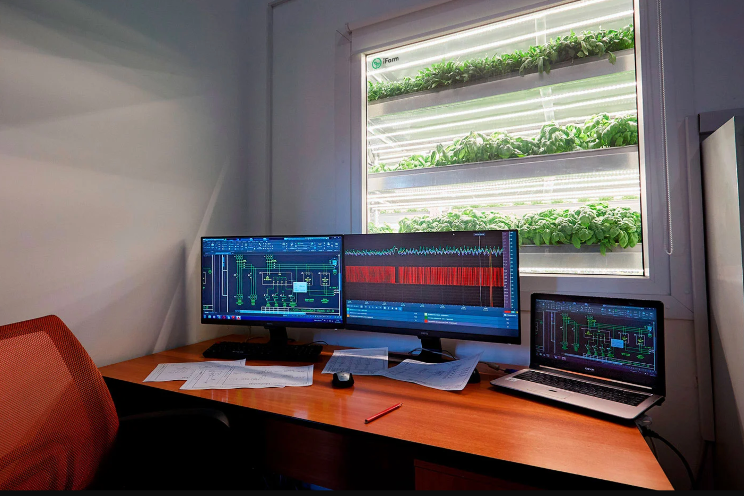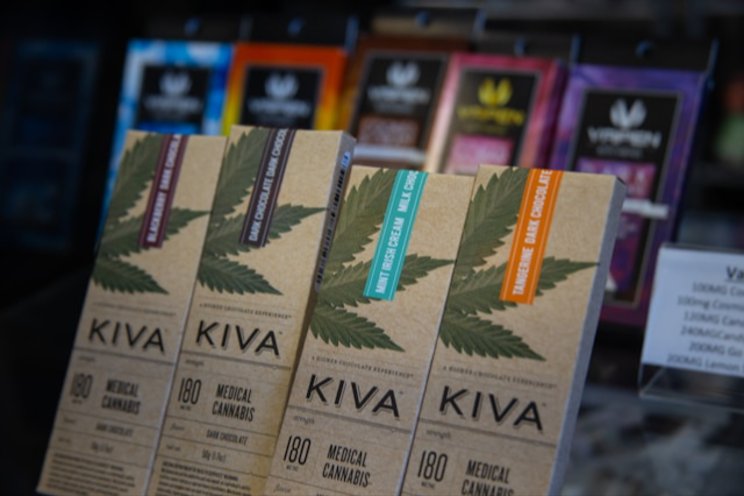Vineland continues to address challenges facing horti sector
Added on 01 January 2022

"With the reimagining of Vineland in 2007, we continue the more than a century-long task of improving the economic viability, sustainability and competitiveness of horticulture in Canada," says President and CEO, Ian Potter.
Testing new greenhouse predators
Greenhouse grown vegetables and flowers are susceptible to pests which can damage crops anywhere from five to 20 per cent, or even up to a total devastation of the harvest if the insect transmits a plant virus. That is why Vineland's Rose Buitenhuis PhD, Biological Crop Protection is leading a study of three native Canadian predators.
"Our overall goal is to find new native-to-Canada predators that are generalists and will be a good addition to an Integrated Pest Management (IPM) program in horticulture," says Buitenhuis.
Collaborating with Applied Bio-nomics Ltd. of British Columbia, Buitenhuis is testing three nabid predator species found in the Niagara region of Ontario with an aim to determine which one is best suited to control pests in greenhouse crops. The three species are tested for their predation rate, which common greenhouse pests they feed on, how well they survive on supplemental food and how well they perform in an IPM system with multiple pests.
Buitenhuis says all of the candidates are behaving in a similar way, but she hopes to pick the best of the three. As the research only involves indigenous predators, so no other regulatory approvals are needed. The hope is that growers will see an immediate impact by March 2023 when a biocontrol package is rolled out.
Vineland and Applied Bio-nomics have also collaborated to introduce predatory mite, Anystis, to the market. First discovered in the St. Catharines region of Ontario, the mite was tested on cannabis plants at Niagara College's Agriculture & Environmental Technologies Innovation Centre.
Putting the spotlight on greenhouse tomato genes
Vineland's research has put the spotlight on the genes responsible for different flavours in greenhouse tomatoes.
Collaborating with scientists from Université Laval and the University of Florida, Vineland has identified over 100 flavour-related tomato gene variants which can be used by tomato breeding programs across the globe to create tastier greenhouse-grown varieties.
More than 20 of those gene variants impact aroma and six contribute to specific flavours.
The patented DVS technology can identify tomato lines with distinct genes which influence aroma. Vineland grew and evaluated plants from a shortlist provided by spin-off company Platform Genetics Inc. and compared them to more common or wild-type varieties.
The result of the sensory studies identified at least six different lines with altered chemistry which were actually perceived by the sensory panelists as having different flavours," says Amy Bowen, PhD. Program Leader, Consumer Insights.
Vineland will use sensory results from consumer studies to breed new flavour-differentiated tomato hybrids to its Canadian adapted tomato-on-the-vine (TOV) program in partnership with Eminent Seeds.
Click here to read more.
Photo created by jannoon028 - www.freepik.com
Source: Greenhouse Canada
More news

